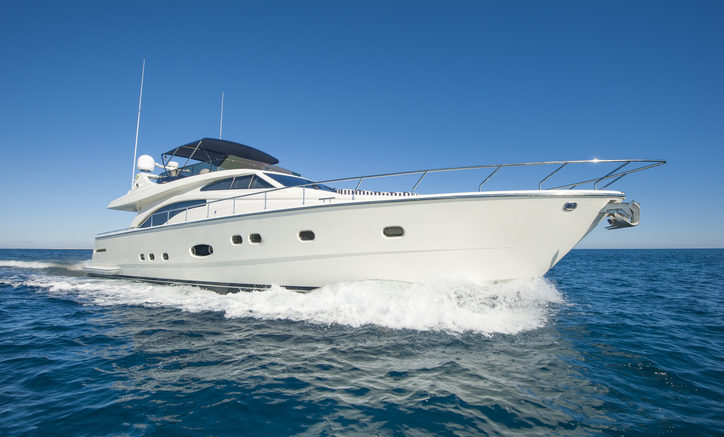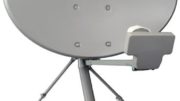Life lived on the water really is the best life! Of course you already know that. And when you’re out on the water this spring, you’ll live that best life — no compromises! And we all know that in 2021, living your best life means staying connected. The days of “leaving it all behind” ended sometime around the turn of the century, right? Of course I’m right.
If you’re on a luxury yacht, you’ll want the best in entertainment. Looking out at the water is great but when it’s time to retire to the cabin, you want to have all the same choices you have at home. A little time spent watching TV is going to be the perfect end of the day.
The only question is, how does that TV get to you? It’s a little more complicated than it is when you’re at home. But, luckily your friends at Signal Connect, the marine arm of Solid Signal, make it easy.
Let’s take a look at your choices.
Marine satellite television
Satellite television for boats has been around for close to two decades. It’s pretty amazing that a satellite dish can keep a lock on a distant satellite while the boat is moving up, down, left, right, forward, backwards, and side-to-side. But it does work. It works very well, in fact.
The good
Satellite for boats is pretty much the same experience that you get at home. You can usually get satellite signal 50-100 miles offshore, and you can enjoy all the same national channels you get at home. You can even have DVR service, which is going to be helpful if you choose not to go with any internet solution on the ship.
The bad
Unless you’re fairly close to home, you won’t get your local channels. Chances are, if you’re away from your home port you won’t get any local channels at all. This is due to government rules designed to protect local broadcasters.
The other thing you’ll need to realize if you take a very long trip is that US satellite service does tend to stop when you get more than about 100 miles off shore. This is more true in the Atlantic than it is in the Pacific, because satellite service also covers Hawaii and the space between the continental US and Hawaii.
Streaming while at sea
Don’t let anyone fool you. You can stream all you want while you’re at sea. The only question is how much you’re willing to pay to make it happen. There are very few places on this planet where you can’t get internet service, and you’re not likely to visit them on your pleasure craft.
The good
Of course streaming brings with it an internet connection which means virtually limitless entertainment, information, and connection. Any time you want to feel like you’re back at home, you can. Speaking of which, internet connections also let you check up on your home security system.
The bad
Depending on where you plan to sail, internet can become a pricey proposition. If you’re staying within 5 miles of shore, your cell phone will probably work on deck. You’ll want a cellular booster system to distribute that to the lower decks, though. From there you can use your phone as a hotspot if you want to feed a television. If that sounds like a lot of work, and if you have the money to invest, there’s another option.
Satellite-based internet covers most of the planet, even beyond the areas that satellite television covers. Speeds are surprisingly good and there’s enough bandwidth to stream. Satellite internet systems can be connected to every stateroom and you can even have Wi-Fi. Unfortunately this isn’t a cheap proposition. After you buy the hardware you will also have the cost of service, which is likely to be more than you pay at home.
Find the best option for you
Luckily, no matter which of those options sounds good to you, there’s one place you can go to get the service you deserve. Call Signal Connect at 888-233-7563 and a Signal Connect representative will walk you through the options and create a custom quote just for you. If it’s after East Coast business hours, fill out the form below and we’ll get back to you, usually within one business day.





